|
7 Ways to Triumph Over Clutter
Decluttering and organizing one's home can be overwhelming, especially when you are overtaken by too many things collected over the years. Stuff piles up! When that happens, and you can’t take it any longer, it’s time to act. Here are a few ways to triumph over clutter. Set clear goals Before you begin, have a clear goal. Why should you get rid of “stuff”? Are you looking to improve appearances or make room for more “stuff”? Having an objective in mind is going to help with this. Plan and prioritize Keep this manageable. Don’t try to do the entire house in one session. Break it down into manageable tasks. One room at a time. Prioritize based on which areas are most in need or which will provide the most satisfaction once organized. The famous four-pile method You have heard it before. Put things in designated piles. But this is the modern era, so use boxes instead. Have four boxes labeled: Keep, Donate, Trash, and Recycle. You know how you value items so putting them in appropriate boxes should be easy. This will help you stay focused. Organize systematically Once you’ve decluttered, keep the momentum going. Use containers to keep it all in the proper place. Use labels. Zone your spaces, maximizing the use of closets, cupboards, and drawers. Everyone should know where stuff is when they need it. Documents Documents and papers are “stuff” as well. Most opt for digitizing these unless there is a legal reason to have a paper copy. Don’t throw away papers unless you are sure you won’t need them. Photographs, scanned copies into your computer, and all kept in the cloud… use digital technology to help save space and keep documents organized. Transforming Your Car
One of the costliest purchases you will ever make includes your vehicle. You agonize over deciding what type of make or model to purchase. And when that day comes, you are pleased with your choice. A shiny new (or gently used) car is something you value. But over time, your car’s appearance can take a beating, inside and out. While running your vehicle through a car wash is a simple way to keep the exterior clean, the interior is another story. Many consumers turn to the pros for detailing work, and it is tough to match the quality a professional detailing company can provide. But you can achieve impressive results if you do it yourself, using a few basic tools and products. To get started (and we will discuss only the interior here) gather the necessary tools and cleaners. This may include glass cleaner, cleaning solutions, cloth towels, paper towels, a quality vacuum with attachments, and other items you may find you need to do the cleaning. Start with decluttering. Go through your car and remove and discard anything you don’t need. You may find empty coffee cups, and a few wrinkled French fries, it’s amazing what can build up over time in a vehicle. Give the entire interior a thorough vacuuming, and spend plenty of time in the nooks and crannies. Get into the crevices of all the upholstery. Then start wiping everything down, using your cleaning solution and towels (cloth or paper). Find a starting point and start working, cleaning all surfaces except the glass. You will do that later. Wash surfaces, dry them, and inspect them. Redo those areas if not to your satisfaction. Use cotton swabs for the tiny areas you can’t reach with a cloth, such as an air vent. Allow your cleaning solution time to dwell on hardened soils, which are usually food-based. Do the interior glass last. Using your glass cleaner, first clean each window, and then re-clean them. The first cleaning removes the heavy soil and residue buildup and the second polishes it all so you don’t have streaks. You need good lighting to do this, so be sure to set that up in advance. Using a soft, lint-free cloth to go over the glass after cleaning often helps remove final smudges. All this being said, your favorite cleaning company would be happy to handle all of this for you, with professional results. Give them a call for a quote today. After all, it pays to call a pro! Emergency Pet Urine Removal Tips
Our furry friends bring you joy, companionship, and unconditional love, but they can also leave behind unwanted surprises in the form of pet urine. Whether you have a new puppy still in the process of house training or an older cat with occasional accidents, dealing with pet urine of any type can be a challenging task. However, with the right strategies and quick action, you can effectively remove pet urine and keep your home fresh and clean. Here are some emergency pet urine removal tips to help you tackle the situation promptly and efficiently. This applies mainly to carpeted surfaces. Prevention is key To minimize “accidents”, establish a consistent routine for your pets, including regular bathroom breaks, training sessions, and providing appropriate litter boxes or areas. Promptly clean up accidents and use positive reinforcement when your pets use the correct area. Act fast! The key to successful pet urine removal is to act quickly. The longer urine sits on surfaces, the more it soaks through the carpet and nto the pad and subfloor and the more difficult it becomes to eliminate resulting odors — and stains. As soon as you discover a pet accident, grab some paper towels or an absorbent cloth and blot the urine to soak up as much liquid as possible. Keep blotting until no more urine is noticeably absorbed. Products to use The safest product to use is warm water. But there are over-the-counter products that sometimes work fine. From enzyme cleaners and deodorizers to products that break down urine components and allow for easier removal, there are plenty of choices at your grocery or department store. But be very careful as many times overuse of these products can cause more damage than good. Be sure to avoid strong products, such as with ammonia. Ammonia is something that may actually attract pets to a spot and cause more issues. Stick to mild solutions. Deep cleaning For carpet and rugs, it's essential to thoroughly clean both the surface and the underlying padding. Blot up as much urine as possible, then call a pro. Although you can clean the area with a rental machine or one you have purchased, it’s not the same as a thorough professional cleaning. At a minimum, contact your favorite cleaning company for advice and the next steps to ensure your home doesn’t start to smell of pet urine. After all, it pays to call a pro! How to Handle ‘Household Hazardous Waste’
Household hazardous waste (or HHW to keep this simple) is a topic that requires our attention and responsible action. The Environmental Protection Agency (EPA) defines HHW as leftover household products that can be potentially dangerous, as they can catch fire, react, or even explode under certain circumstances. Additionally, these products can be corrosive or toxic, posing serious risks to health and the environment. We must handle and dispose of these materials with great care. Common household items such as paints, cleaners, oils, batteries, pesticides, and more can and often contain hazardous ingredients. Therefore, it is essential to exercise caution when dealing with them. Improper disposal of HHW can have severe consequences. Many people unknowingly pour these substances down the drain, on the ground, into storm sewers, or even mix them with regular trash. However, the dangers of such disposal methods may not be immediately apparent. Improperly discarded HHW can contaminate the environment, pollute water sources, and pose a threat to human health. To ensure the safe handling of household hazardous waste, here are some quick tips to keep in mind, courtesy of groups such as the EPA: 1. Follow product labels: Carefully read and adhere to the instructions for use and storage provided on product labels. This will help prevent accidents and mishaps at home. 2. Dispose according to label instructions: Read product labels to determine the proper disposal directions. This will reduce the risk of products exploding, igniting, leaking, mixing with other chemicals, or posing other hazards during transportation to disposal facilities. 3. Use original containers: Never store hazardous products in food containers. Keep them in their original containers and avoid removing labels. Corroding containers require special handling, so it's important to consult your local hazardous materials official or fire department for proper instructions. 4. Avoid mixing HHW: Never mix HHW with other products. Incompatible substances can react, ignite, or explode, rendering the HHW unrecyclable. It's crucial to handle and dispose of them separately. 5. Seek information from local authorities: Check with your local environmental, health, or solid waste agency for more information on HHW management options available in your area. They can provide guidance on year-round collection systems, designated collection days, and drop-off locations for safe disposal and recycling. 6. Handle empty containers with care: Even empty containers of HHW can pose hazards due to residual chemicals. It's important to handle them with caution and ensure they are disposed of properly. And as with any cleaning-related questions or concerns, contact your favorite cleaning company. After all, it pays to call a pro! Preparing Your Grill for Summer
As spring advances and summer looms, it’s essential to take care of some of your appliances that become popular during those lovely warm days, especially as you spend more time outdoors. Many families focus on the barbecue grill during warm months, as outdoor grilling and eating are popular events. You might have neglected caring for your grill during the winter, as many do, and when you open it up in the spring, you might notice caked-on food particles and rust, and maybe you found a few mice in residence as well. It’s essential to take a few minutes to tune up your grill and accessories before you start cooking your first burger, steak, seafood, fish, or vegetable. Use these easy tips to prep for summer. Cleaning Thoroughly scrub and clean the grill grates, burners, and any other removable parts with a grill brush and mild detergent. This will ensure that your grill is free of any debris or buildup that could affect the flavor of your food. If your grates are particularly dirty, you can soak them in warm, soapy water for a few minutes before scrubbing them. Cleaning grill grates are often compared to the absolute worst dishwashing experience you will ever have, but it is necessary to do it right. Gas supply Check the propane tank and hoses for leaks or damage if you have a gas grill. You may need to replace the tank or hoses if worn or damaged. Do not keep using any hoses or tanks that show any type of wear or damage. Ignition Check the ignition system to ensure it works properly. If not, you may need to replace the ignition system or clean the electrodes. These parts often wear out from use and from inclement weather and moisture and have to be replaced from time to time. Seasoning Before using the grill for the first time, season the grates with oil to prevent sticking and ensure a better flavor. After each thorough cleaning, repeat this process. Stocking up Ensure you have enough fuel, charcoal, wood chips, and other supplies for last summer. If using propane, consider a backup tank because, for some weird reason, tanks always go empty right in the middle of cooking. By following these steps, you can ensure that your grill is ready for summer and that you can enjoy delicious barbecues all season long. And as part of summer, make sure your entire home is clean and ready for friends and family. Call your favorite cleaning company to help you with your cleaning tasks. After all, it pays to call a pro! Cleaning Tips for Party Catastrophes
If you are planning a party or event in your home, and it involves beverages, then you know the inevitable will happen. Someone will trip, run into something, or a glass will get knocked over, creating a spill, which then becomes a spot or stain. Even with the most careful of planning, guests with a beverage in one hand and balancing a plate in the other is inviting disaster. Cleaning up a spill is usually not easy but can be made easier with the right approach, but if not handled quickly, and effectively, it can create a permanent stain. You don’t want that. Here are some quick tips to keep your carpet and furniture out of the [stain] danger zone. Act quickly: The faster you start working, the easier it will be to clean up the spill. As soon as the spill occurs, grab a cloth, and begin to blot up the spill. Blot: Avoid rubbing … just blot with a white disposable cloth. Rubbing can spread the spill and even damage the fibers. Absorb it: You can do this by adding some common table salt. Sprinkle salt over the spill to help absorb the moisture. Leave the salt in place until it dries, allowing it to soak up the spill and then you can vacuum away the residue. Use a spot or stain remover: If the spill doesn’t easily lift from the fabric, use a household product to treat the area. Follow the instructions on the bottle carefully and test it on an inconspicuous area first to make sure it does not damage the fabric. It is important to blot up as much of the product as you can, as anything left behind will be sticky and cause resoiling. Dry the area: Use a clean, dry cloth or paper towel to continue to blot the area and remove any excess moisture. Keep at it until there is no more moisture transferring to the towel. Then get some air movement across the area you just cleaned. A small fan works great and moves air and moisture away from the recently cleaned area. All of this can be a chore, time consuming, and often frustrating. Want to avoid this potentially bad situation completely? Contact your favorite cleaning company. After all, it pays to call a pro! How to Clean Laminate Flooring
Homes years ago were full of carpet. Carpet was everywhere. But carpet began a decline near the turn of the century and now most homes are a mix of hard floors and carpet. While carpet is still a favorite floor covering, especially in bedrooms and rooms that require more “comfort”, hard floors are becoming dominant. One popular type of hard floor is laminate flooring. It is popular because it looks good and is often more affordable than many other types of flooring materials. But like all floors, a proper cleaning and maintenance program is a must if you want those floors to last for years to come. Here are a few easy cleaning tips to keep your laminate floors in good shape. Create a schedule The first thing to do is schedule your cleaning. Even if flooring doesn’t look that dirty or soiled, it probably is — more than you think. It doesn’t take much time to quickly dust mop your laminate floors. Perhaps do it daily, or every other day. Weekly is not enough. Dust and dirt on flooring acts as a grit, much like sandpaper on a smooth surface. Microfiber mops Skip the regular string mop on laminate flooring. Use a quality microfiber mop, the flat type, along with a cleaning solution recommended by your flooring manufacturer or by your favorite cleaning company. You will spend a little more on a quality microfiber mop but it is worth every penny. The characteristic of microfibers means you will pick up more soil, dirt, debris, and even invisible dust — all of which can scratch the surface of your floor. You won’t see that happening but, over time, it all builds up and soon you have a dull finish on a previously nice and shiny floor. Spot clean When something is dropped or spilled, clean it up immediately. Some spills can damage the finish on flooring, but if you make it a habit to clean up spills quickly, you will avoid this. Call the pros If any out-of-the-ordinary situation develops, skip the do-it-yourself mentality. Call your favorite cleaning company right away, whether if you have questions or just need someone to come over to give you some tips or even handle the cleaning for you. After all, it pays to call a pro! Don’t Forget these Spring-Cleaning Tasks
When the spring season finally arrives, most of us get into a cleaning mood. Others clean out of necessity. But regardless the motive, spring is a great time to spruce things up, clean areas or items that have been neglected during the long winter, and just get ready for a busy summer. However, besides the obvious things we clean, such as carpet, floors, windows, and the like, there are some chores we might either ignore (on purpose) or forget about completely. Spice rack and containers You use them all the time. Grab a nice spice and give your sauce a dash of flavor. Put the lid back on and put it back on the spice rack or wherever you store your spices. Did you clean that jar before putting it back? Have you ever? It’s one of those often-forgotten items that could use at least an annual cleaning. Imagine all the hands and fingers on all those spices during the year… Give your spice rack and contents a good spring cleaning. Stove and microwave hoods and filters The purpose of the hood, vent, and any filters is to collect debris, and it’s all greasy. Get a good all-purpose kitchen degreaser, some paper towels, and any other scrubbing tools you wish to use, roll up your sleeves, and get cleaning. You will be amazed how much a year of cooking and normal use will add to the grease build-up on these surfaces. Garbage disposal Just think of all that stuff you put into the sink and into the garbage disposal. While it grinds away and does its job without complaining, there is often a buildup of grime on the blades and in the mechanical parts of the disposal. An easy way to clean your disposal is with lemon wedges. Cut up a lemon and add a few wedges to your disposal, turn it on, and let it run with hot water. That should cut the grease and clean the disposal. The wedges may not get “disposed” of enough so after it is all done, you may have to remove them. Be sure to turn off the electricity to the disposal before reaching in, and never use your fingers. Use cooking tongs to be safe. Underneath stuff This is easy. Get down on your hands and knees and look under your kitchen table. Enough said. Get to work. When you need professional cleaning, don’t hesitate to call your favorite cleaning company, especially with surfaces like carpet and hard floors. After all, it pays to call a pro! |
CLEAN BEE
|
Would you like to get your own OutPost Site? Cleaning and restoration firms who are MarketingZoo.com members get
|
CleaningOutpost.com Directory of Cleaning & Restoration Businesses is a service offered by MarketingZoo.com
Copyright 2015 Thinkshortcut Publishing, LLC
Copyright 2015 Thinkshortcut Publishing, LLC
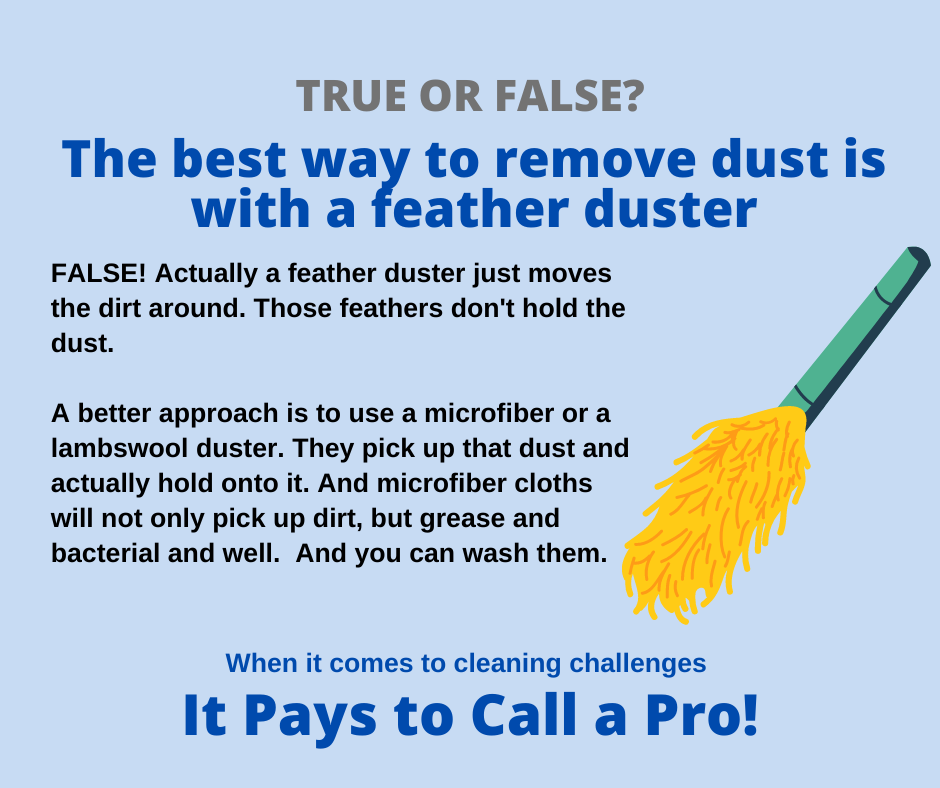
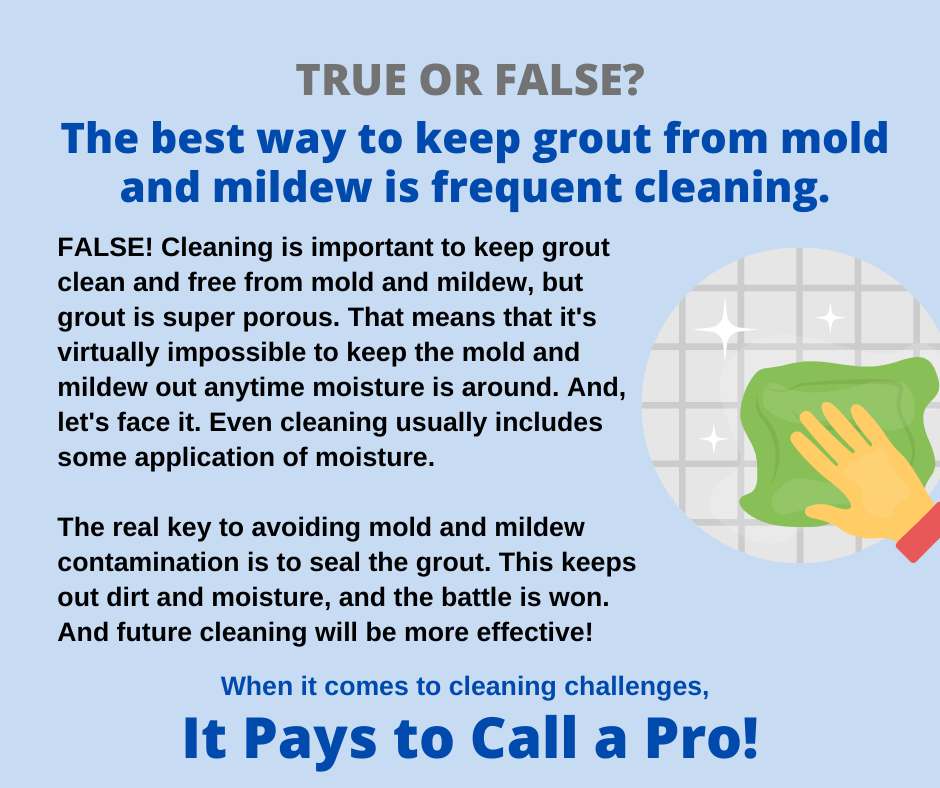
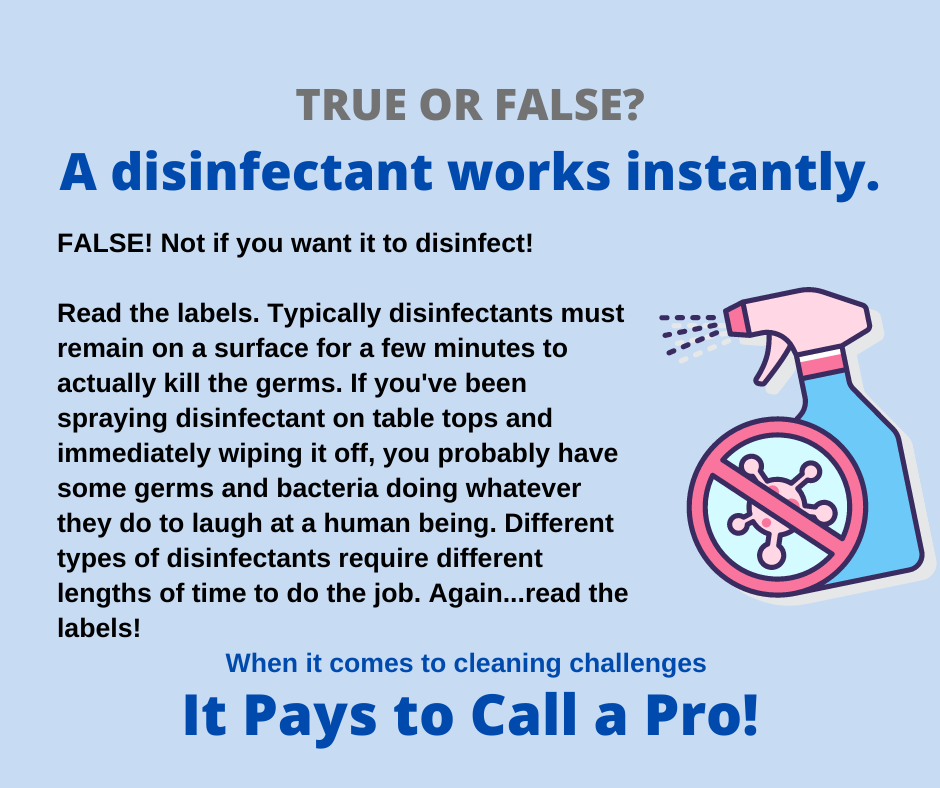
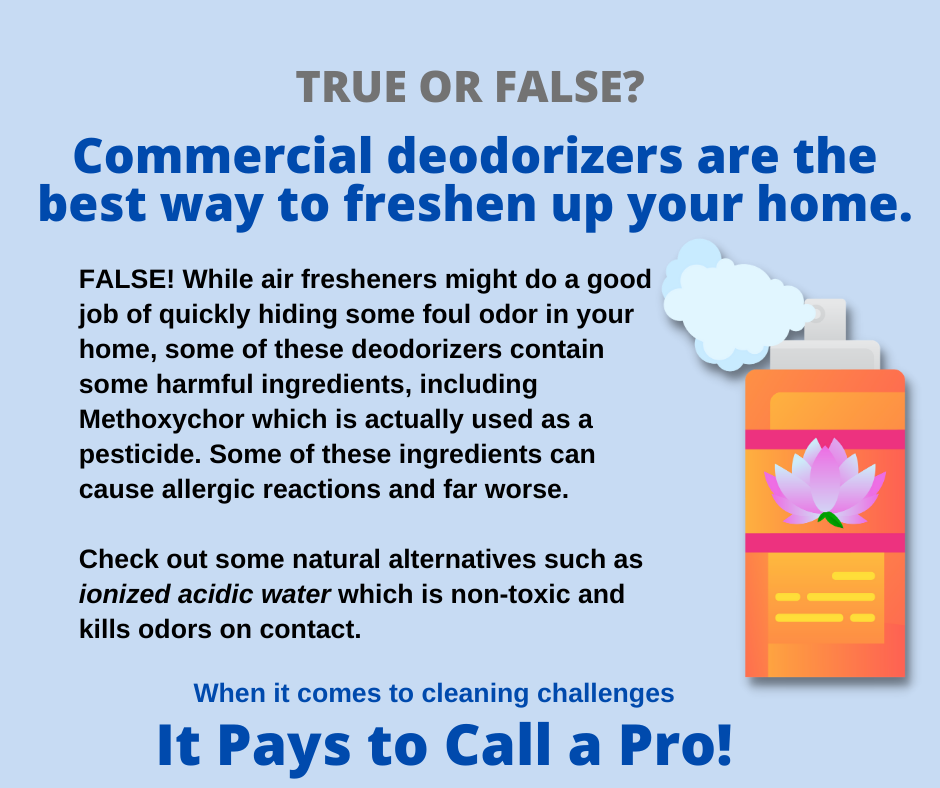
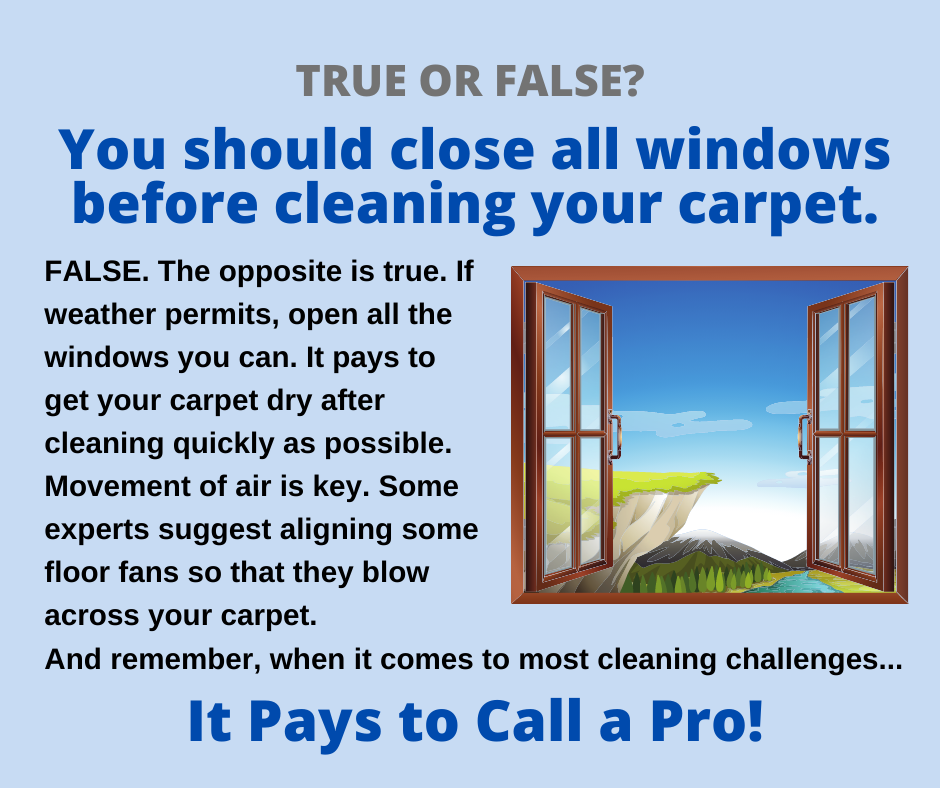
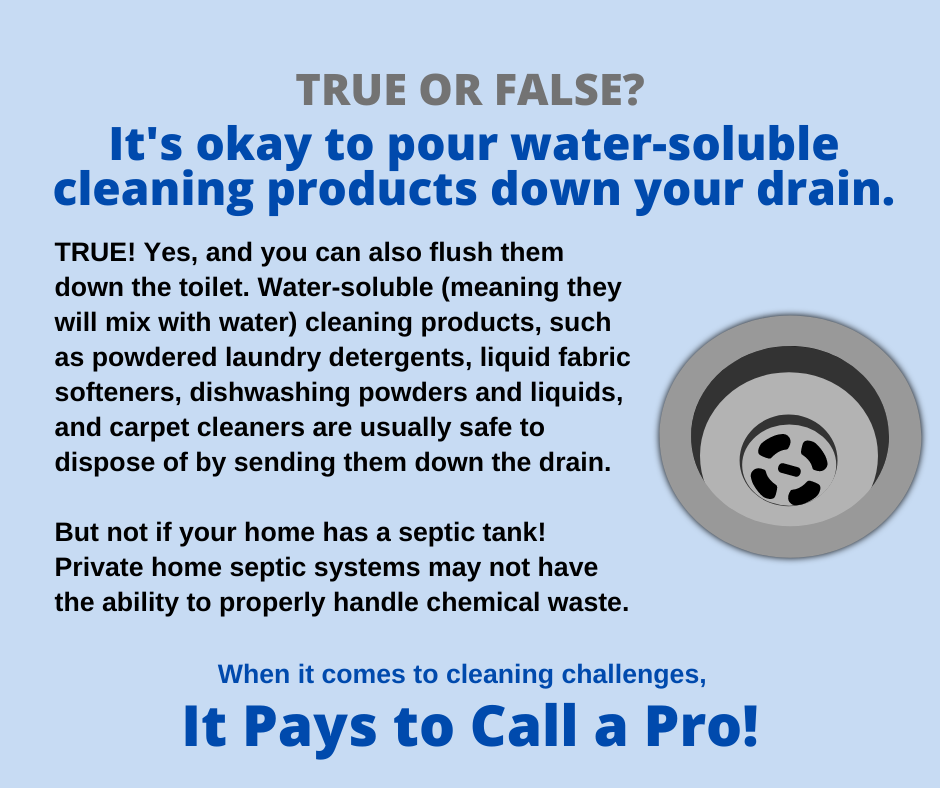
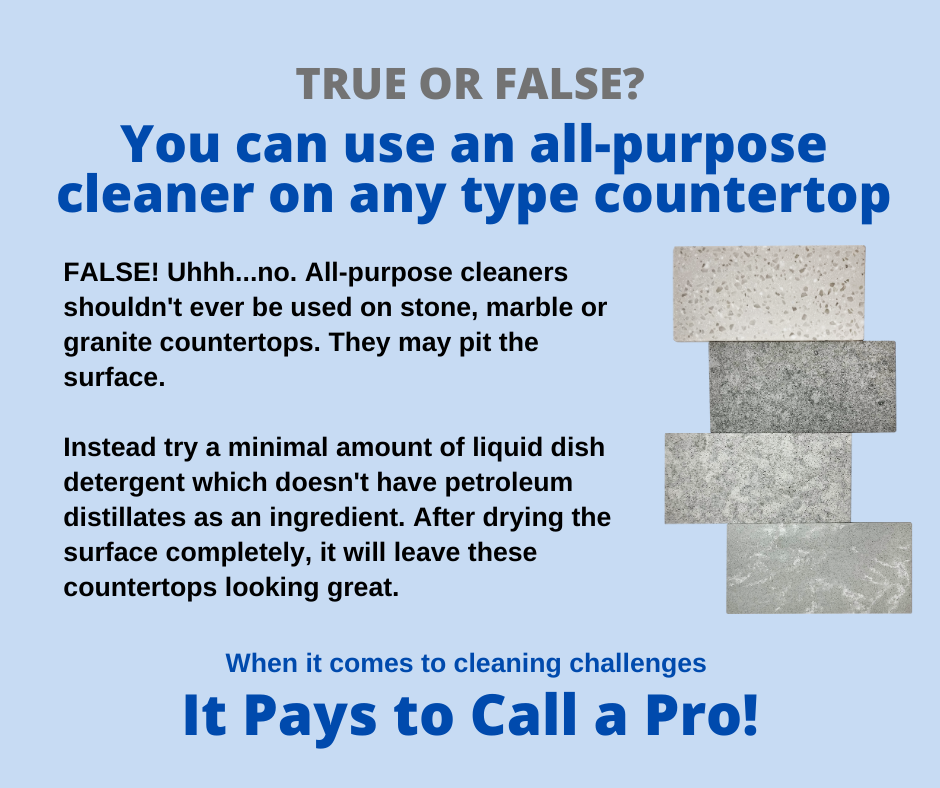
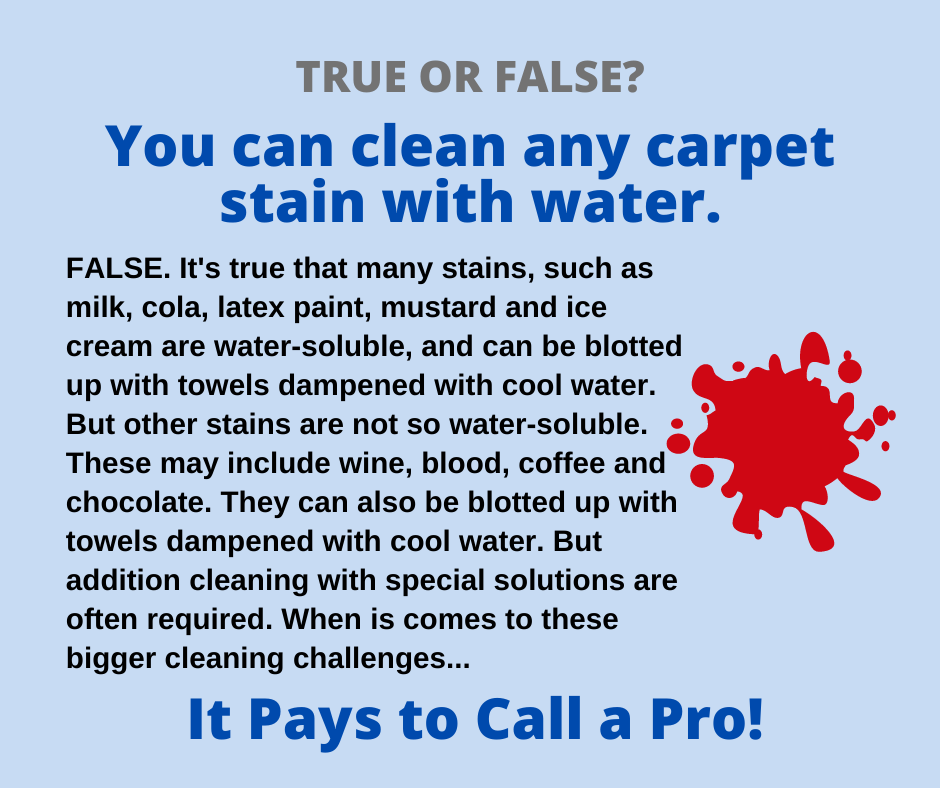
 RSS Feed
RSS Feed
